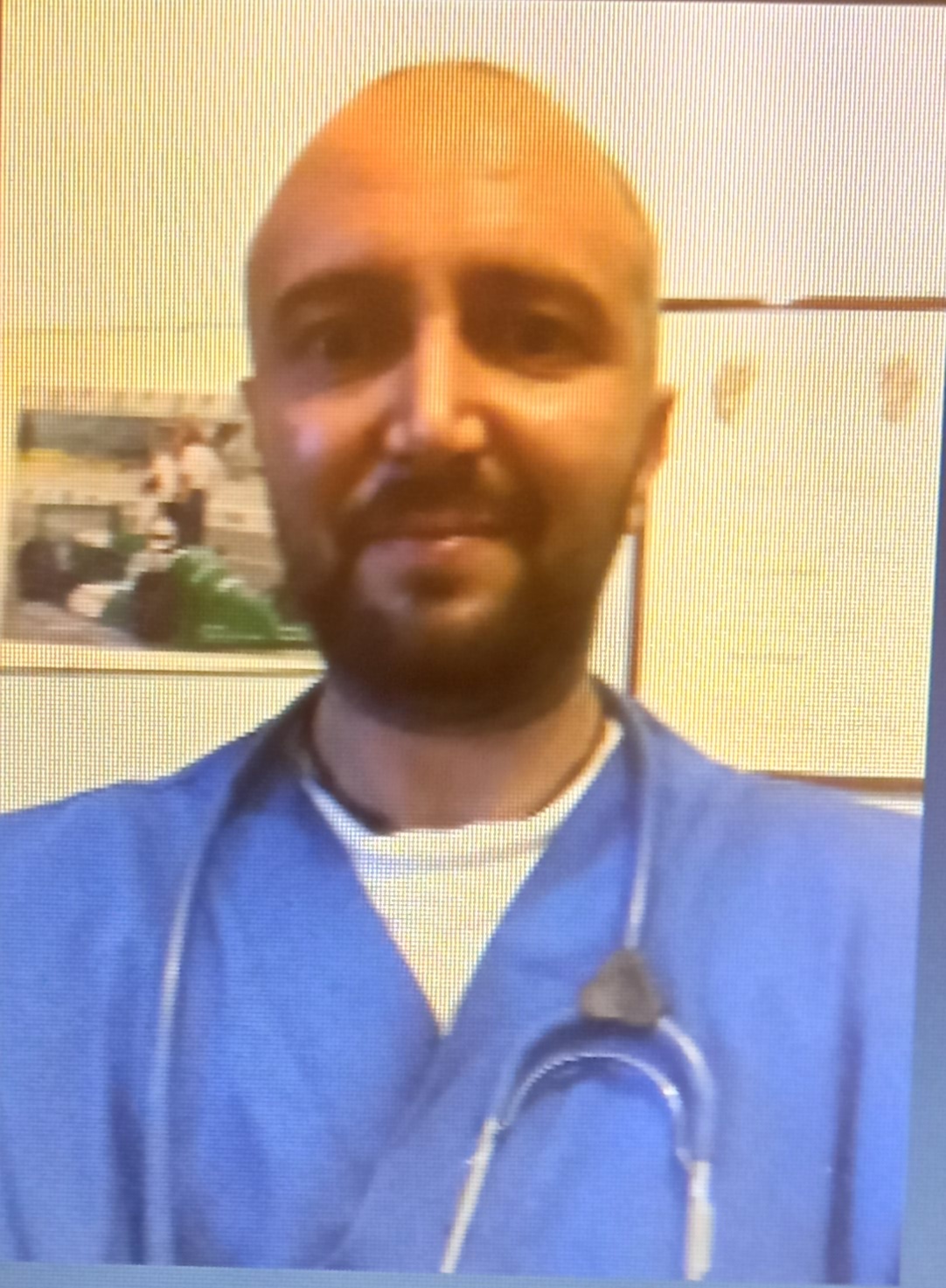Renowned Speakers

Johannes Van Waart
Wijnland Fertility Unit Stellenbosch South Africa

César Eduardo Fernandes
Professor Brazil

Hugh Taylor
Yale-New Haven Hospital,Gynecology USA

Mirko Samuele Croci
Italy

Dr Olivier Pardo
Imperial College UK

Nicholas Pairaudeau
Canada

Greg J. Marchand
Mesa, Arizona USA

Linda Castillo
University UMG
Recommended Global Healthcare Management Webinars & Conferences
Europe & UK
Asia Pacific & Middle East
Canada
PCOS 2025
To Collaborate Scientific Professionals around the World
Conference Date December 01-02, 2025
For Sponsors & Exhibitors
Speaker Opportunity
Useful Links
Past Conference Report
Supported By
All accepted abstracts will be published in respective Conference Series International Journals.
Abstracts will be provided with Digital Object Identifier by
